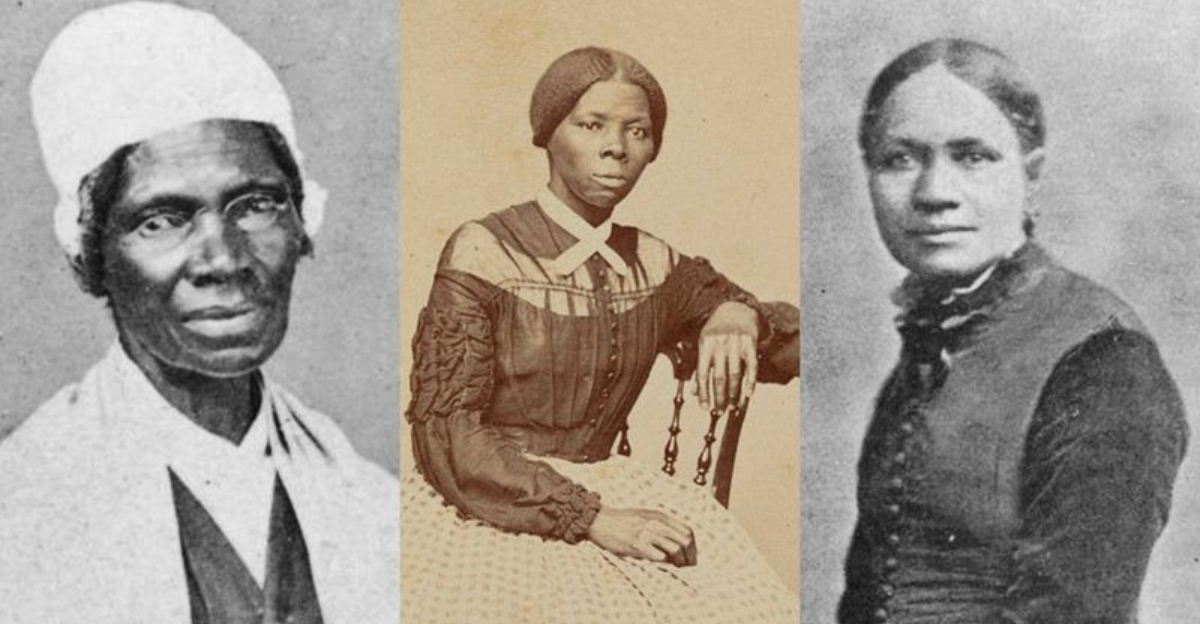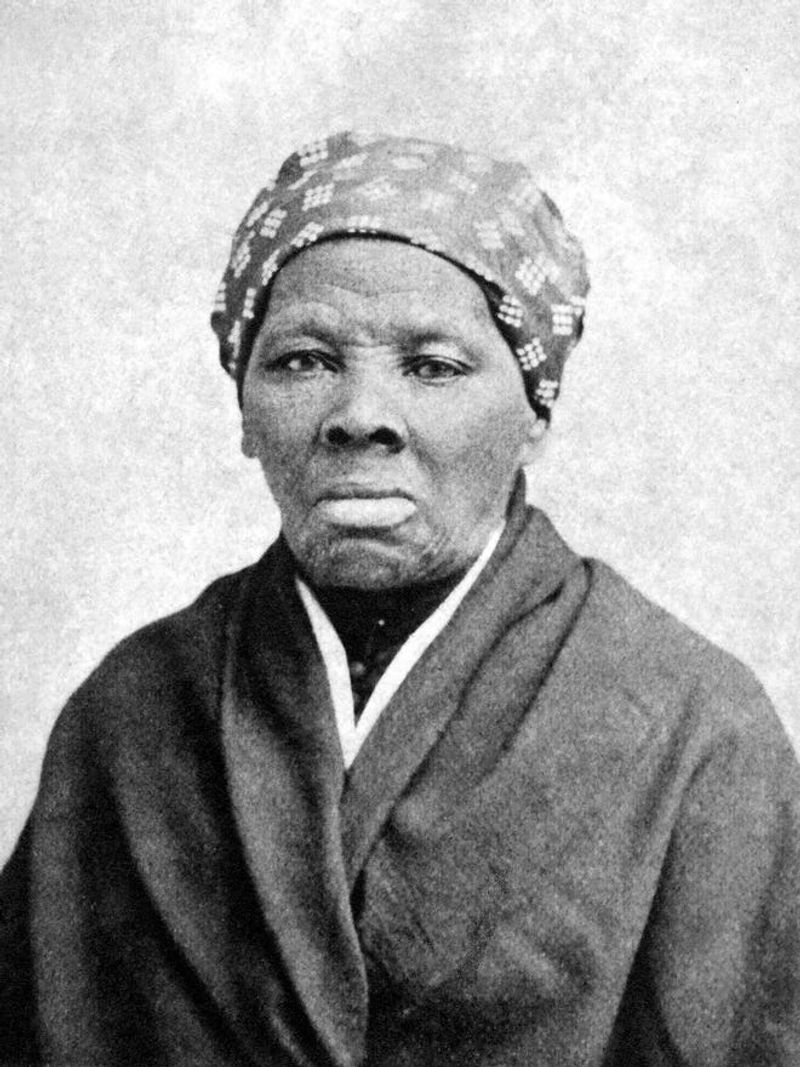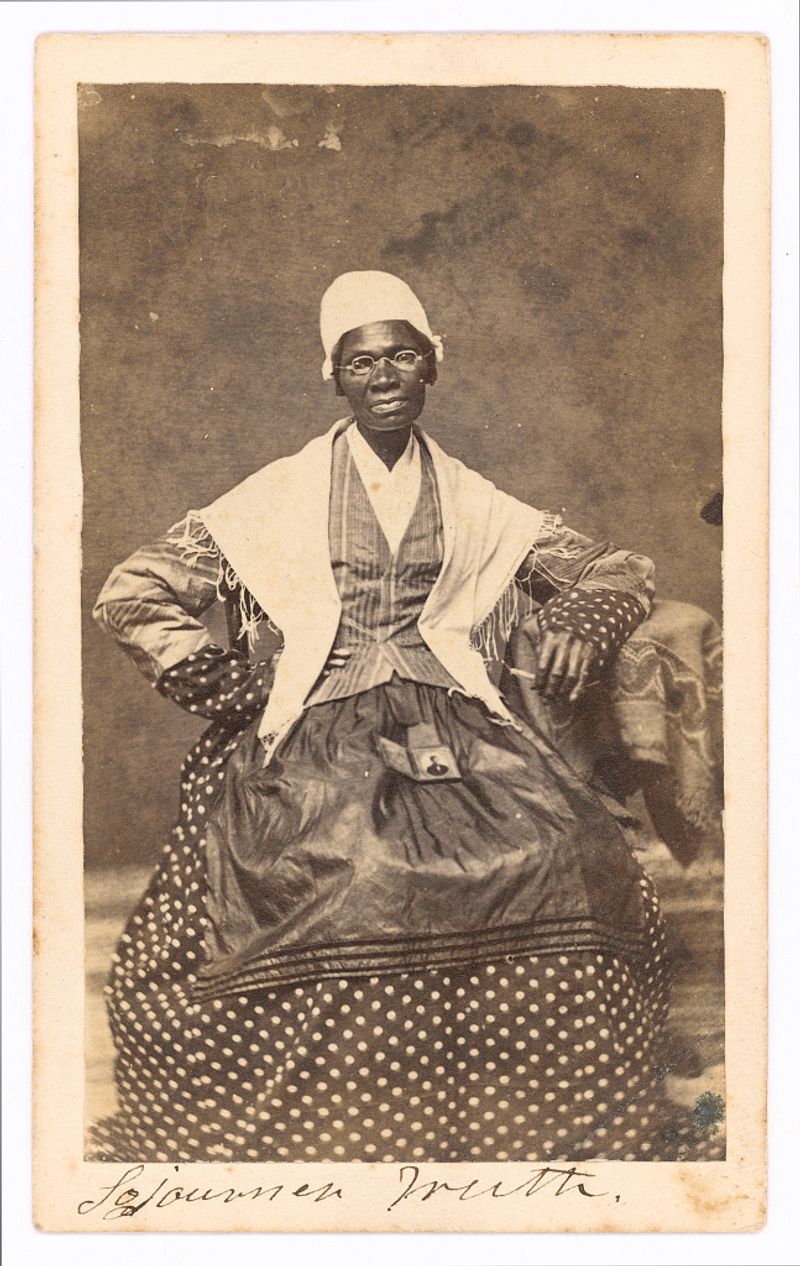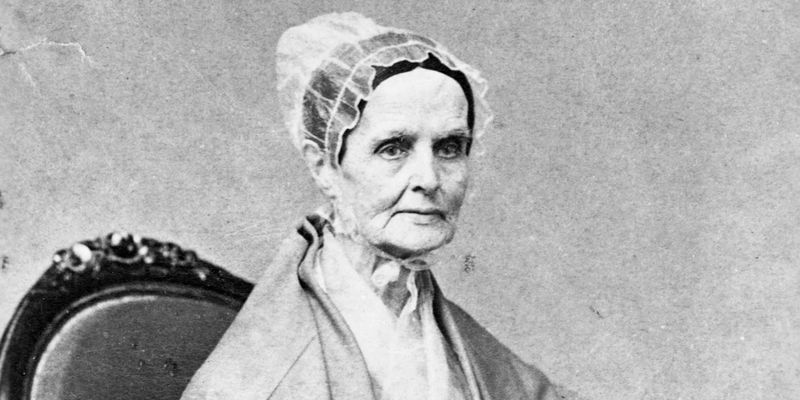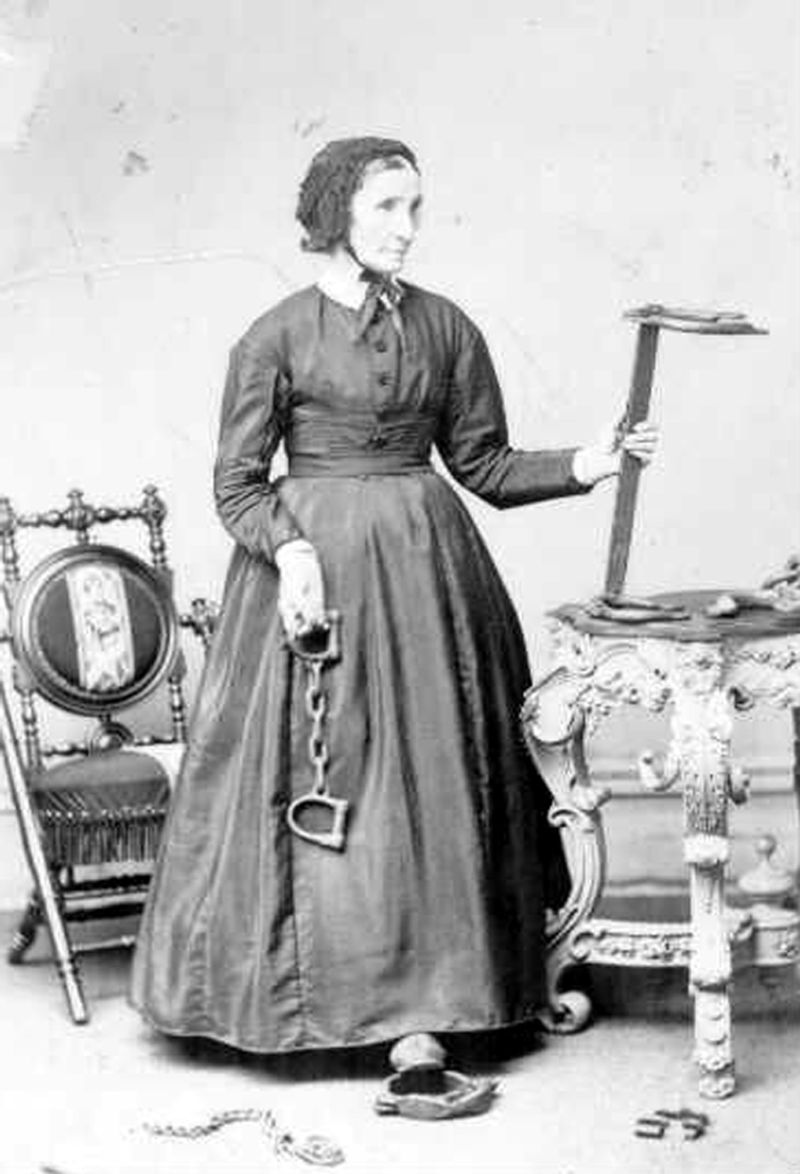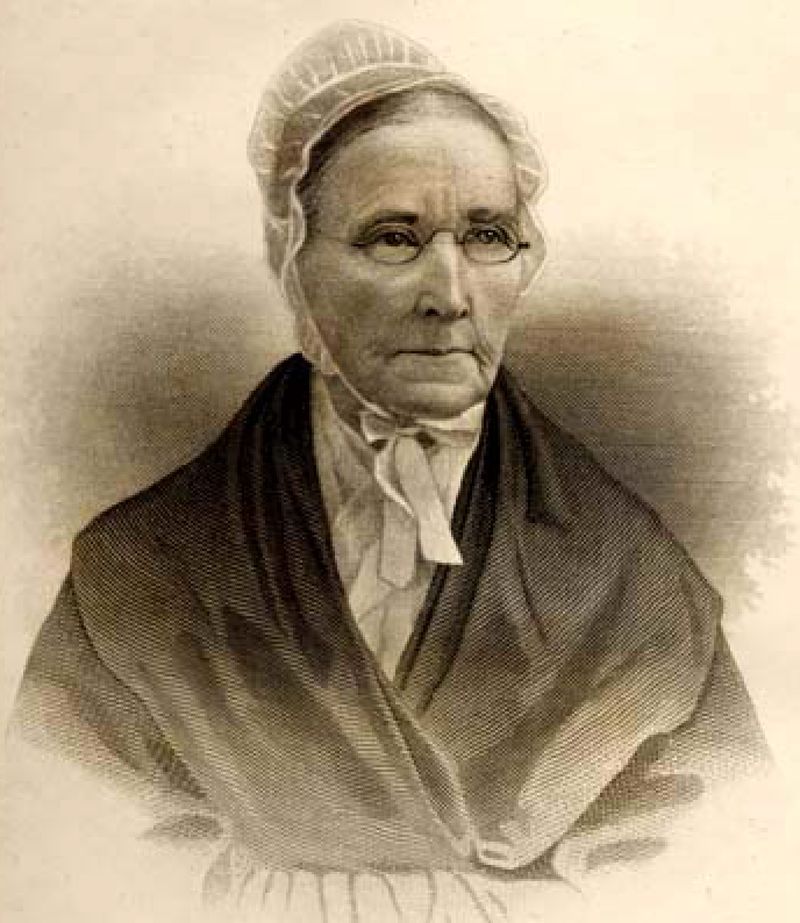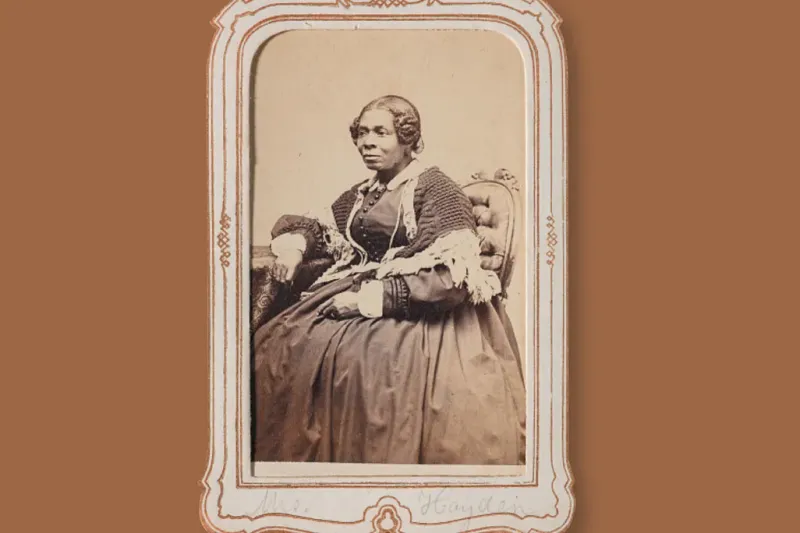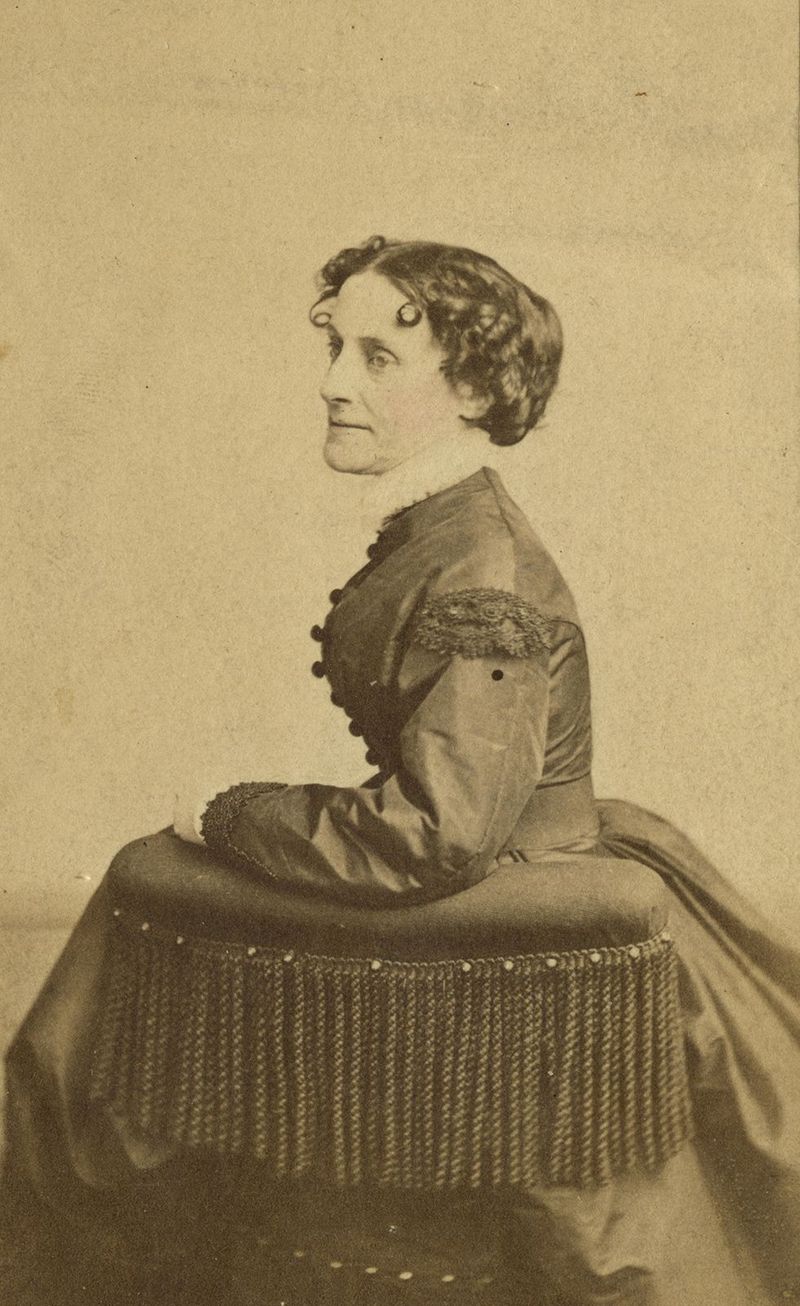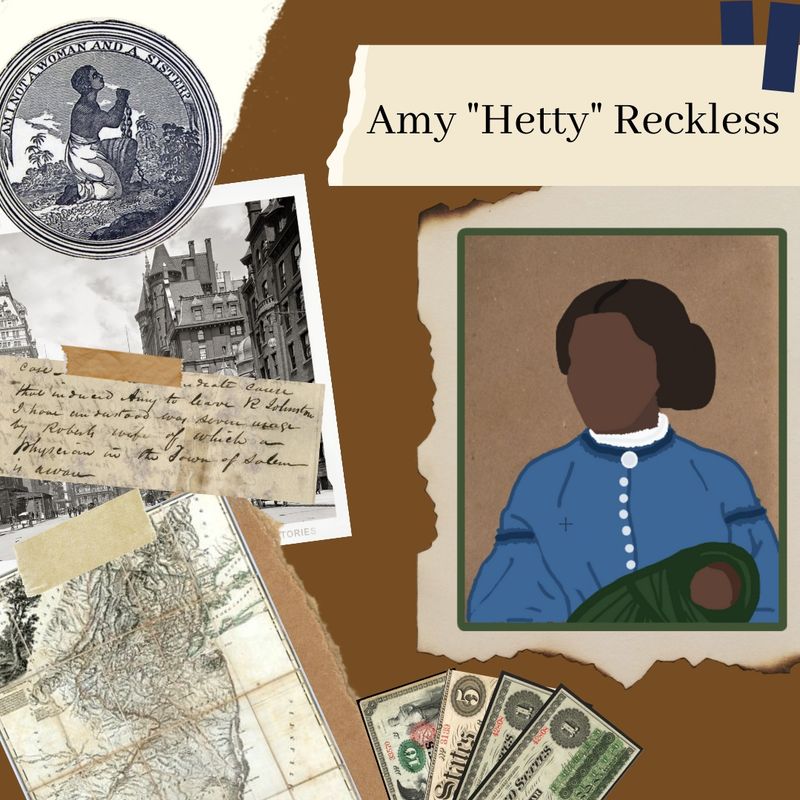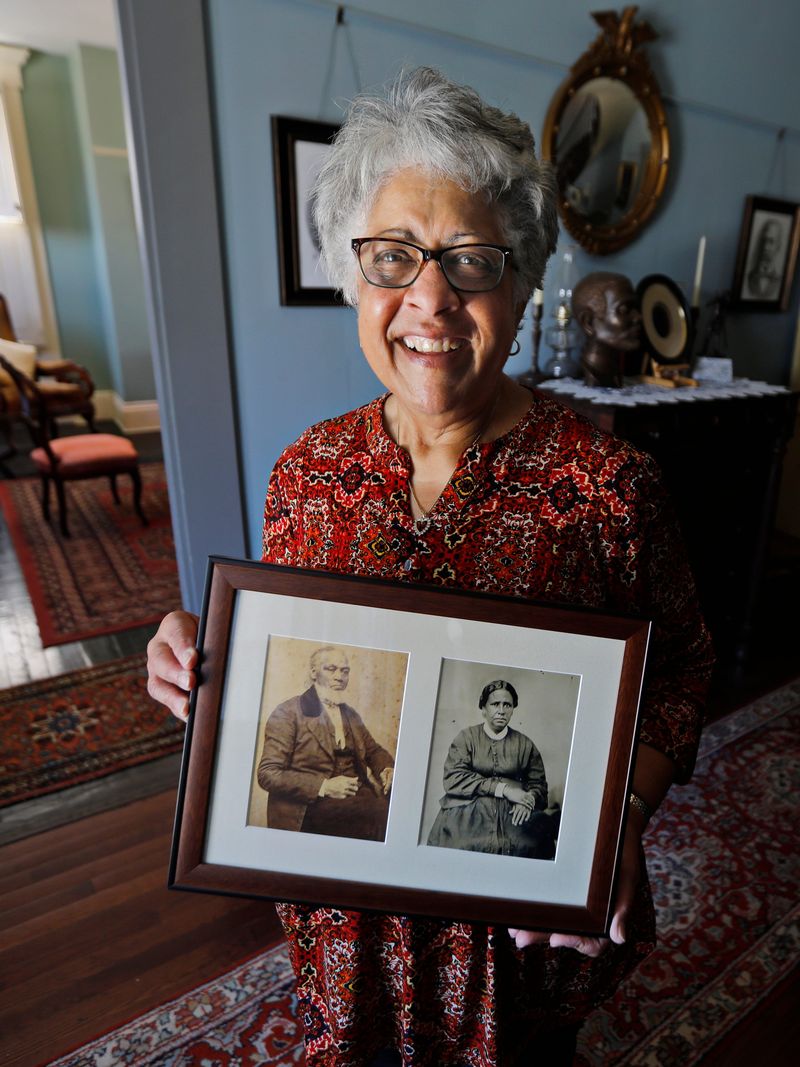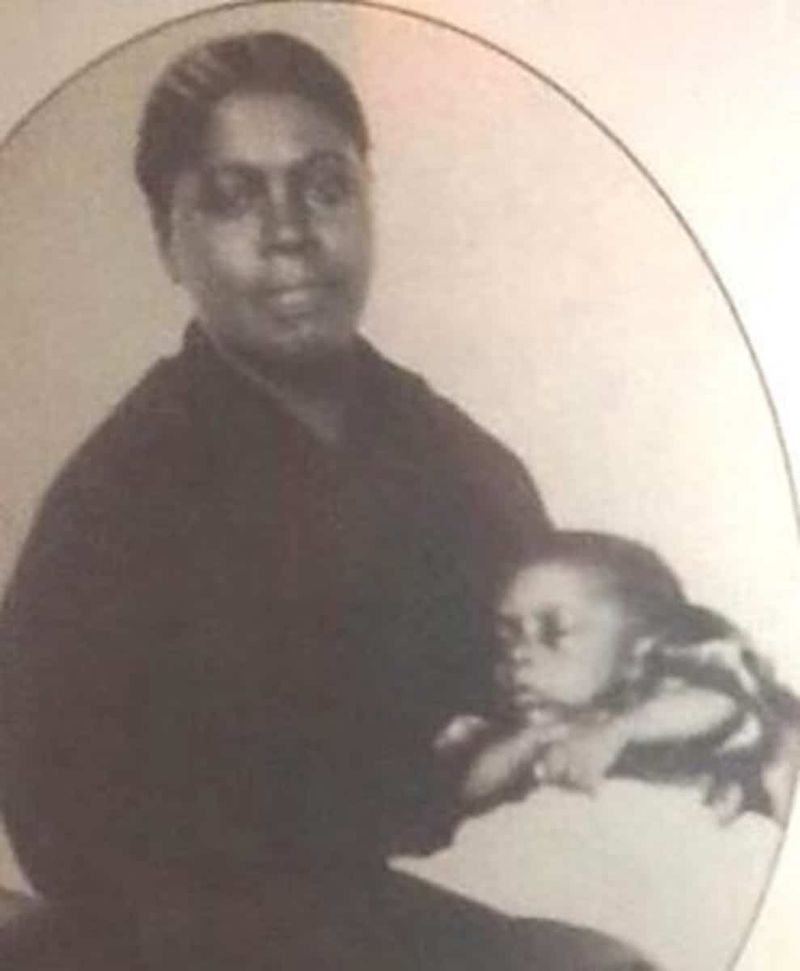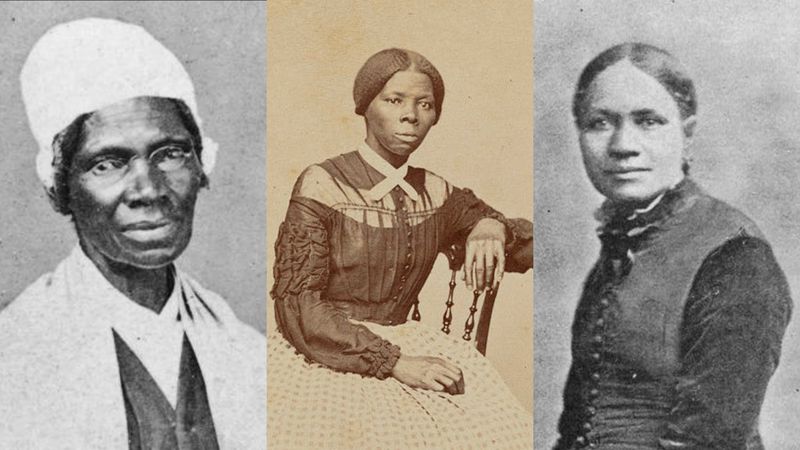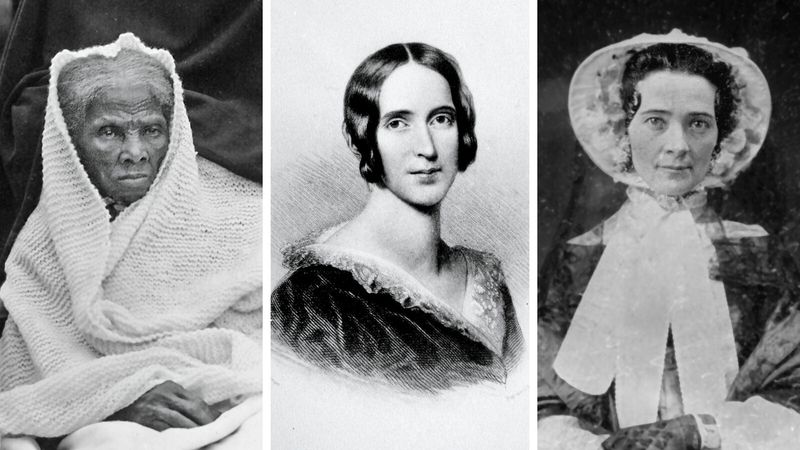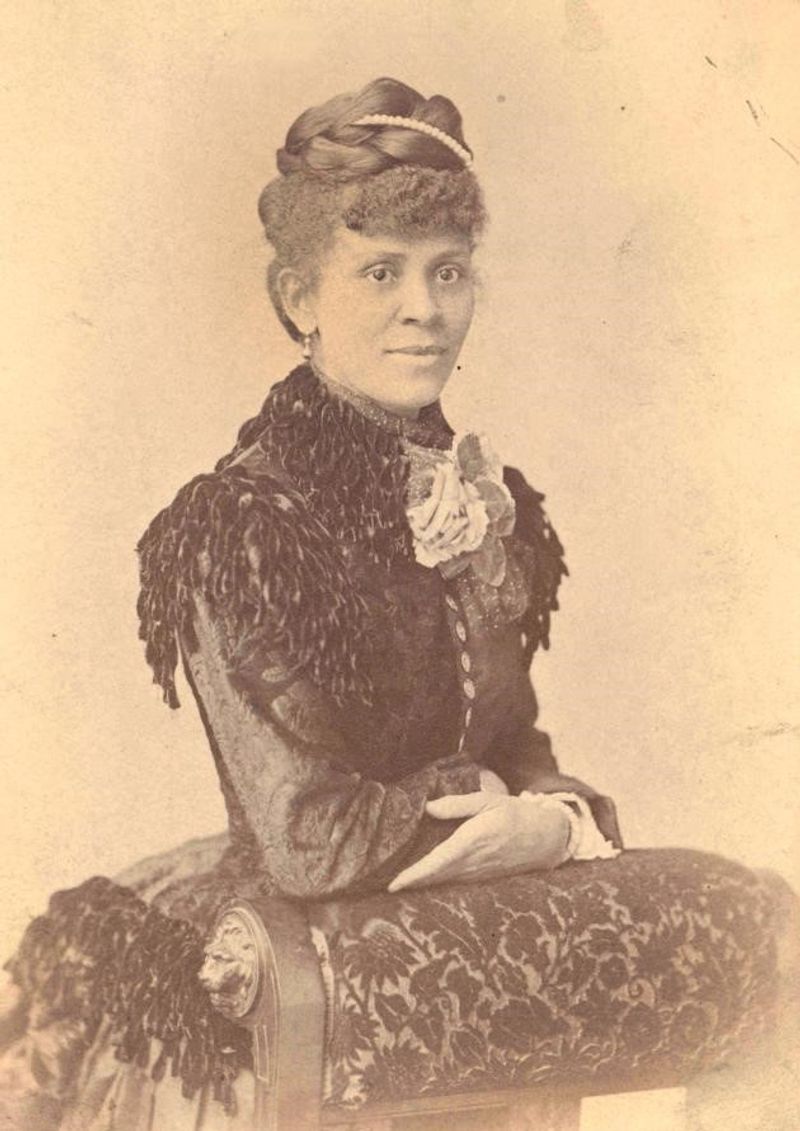The Underground Railroad was a clandestine network of routes and safe houses that enabled enslaved African Americans to escape to free states and Canada. While many are familiar with figures like Harriet Tubman, numerous other courageous women played pivotal roles in this resistance movement. Here are 13 remarkable women whose bravery and dedication were instrumental in leading others to freedom.
1. Harriet Tubman
Harriet Tubman, known as “Moses,” was a beacon of hope for many enslaved individuals. Escaping slavery herself, she returned to the South approximately 13 times, rescuing over 70 people. Her courage and tactical skills were unparalleled. During the Civil War, Tubman served as a scout, spy, and nurse for the Union Army. Later in life, she became a staunch advocate for women’s suffrage. Her legacy is a testament to her unwavering dedication to freedom. Not only did she pave the way for others, but she also inspired generations to continue the fight for justice.
2. Sojourner Truth
Sojourner Truth, born into slavery, became a powerful orator who championed both abolition and women’s rights. Her speeches, including the iconic “Ain’t I a Woman?” address, emphasized the interconnectedness of race and gender. Truth’s eloquence and determination made her a prominent figure in the fight for equality. Her life was marked by resilience and a deep commitment to justice. She traveled extensively, sharing her story and advocating for change. Truth’s legacy continues to inspire those who seek to challenge societal norms and fight for a more equitable world.
3. Lucretia Mott
Lucretia Mott, a Quaker minister, was a formidable abolitionist and women’s rights advocate. She co-founded the Philadelphia Female Anti-Slavery Society and used her home as a station on the Underground Railroad. Mott’s activism extended to organizing the Seneca Falls Convention, a pivotal event in the women’s rights movement. Her belief in equality was unwavering. Mott’s legacy is one of compassion and action, inspiring countless others to join the fight for justice. Her dedication to the cause was reflected in her tireless efforts to create a more just society.
4. Laura Smith Haviland
Laura Smith Haviland, an educator and abolitionist, dedicated her life to aiding enslaved individuals. From Michigan, she established schools for African American children, ensuring they had access to education. Haviland’s bravery was evident when she ventured into the South to rescue enslaved people. Her actions were fueled by an unwavering commitment to justice and education. Haviland’s influence was profound, as she inspired others to join the cause. Her legacy is a testament to the power of education and the impact one person can have in the fight against oppression.
5. Catherine Coffin
Catherine Coffin, alongside her husband Levi, played a crucial role in the operations of the Underground Railroad in Indiana. Her home became a sanctuary for countless freedom seekers. Coffin’s dedication to the cause was unwavering, as she coordinated the safe passage of many individuals. Her actions reflected her deep commitment to justice and equality. Coffin’s legacy is one of compassion and courage, as she provided hope and refuge to those in need. Her efforts were instrumental in the success of the Underground Railroad, inspiring others to take action.
6. Harriet Hayden
Harriet Hayden, after escaping slavery with her husband, settled in Boston. Their home became a vital stop on the Underground Railroad. Hayden’s commitment to the cause extended beyond providing shelter; she later established a scholarship fund at Harvard Medical School to support African American students. Her actions were driven by a deep desire to uplift her community. Hayden’s legacy is one of generosity and determination, as she worked tirelessly to ensure a brighter future for others. Her contributions continue to inspire those who fight for equality and education.
7. Elizabeth Van Lew
Elizabeth Van Lew, a wealthy Virginian, used her status to become an effective spy for the Union during the Civil War. Her efforts extended beyond espionage, as she assisted enslaved individuals in their quest for freedom. Van Lew’s ability to maintain the facade of a loyal Confederate allowed her to gather critical information. Her actions were marked by bravery and cunning. Van Lew’s legacy is one of intelligence and courage, as she risked everything to fight for the Union cause. Her story continues to captivate those who admire her tenacity.
8. Hetty Reckless
Hetty Reckless, born into slavery in New Jersey, escaped to Philadelphia where she became a prominent abolitionist. She co-founded the Moral Reform Retreat, a shelter for African American women, and actively participated in the Underground Railroad. Reckless’s dedication to justice and equality was evident in her tireless efforts to support those in need. Her legacy is one of resilience and compassion, as she provided hope and refuge to many. Reckless’s story is a testament to her strength and determination, inspiring others to continue the fight for equality.
9. Amelia Piper
Amelia Piper, a former slave from Virginia, settled in New Bedford, Massachusetts, with her husband. Together, they provided shelter and assistance to fugitive slaves. Piper’s activism extended to organizing anti-slavery fairs, raising funds for the abolitionist cause. Her dedication to justice was unwavering, as she worked tirelessly to support those seeking freedom. Piper’s legacy is one of community and activism, as she rallied others to join the fight against slavery. Her efforts were instrumental in the success of the abolitionist movement, inspiring future generations to take action.
10. Henrietta Duterte
Henrietta Duterte, the first American woman to own a funeral home, used her business in Philadelphia as a cover to aid runaway slaves. She cleverly concealed them in coffins, organizing their safe passage to freedom. Duterte’s actions were marked by ingenuity and bravery. Her legacy is one of creativity and compassion, as she risked everything to support those in need. Duterte’s story is a testament to her resourcefulness and commitment to justice, inspiring others to think outside the box in the fight for equality.
11. Delia Webster
Delia Webster, a teacher and abolitionist, was arrested for assisting enslaved individuals in their escape. Her commitment to the cause was undeterred, even in the face of imprisonment. Webster continued her efforts by operating a safe house on the Underground Railroad in Kentucky. Her dedication to freedom was evident in her tireless work to support those in need. Webster’s legacy is one of resilience and determination, as she fought for justice in the face of adversity. Her story inspires others to continue the fight for equality.
12. Martha Coffin Wright
Martha Coffin Wright, sister to Lucretia Mott, was an active abolitionist and women’s rights advocate. Her home served as a station on the Underground Railroad. Wright played a significant role in organizing the Seneca Falls Convention. Her dedication to justice and equality was evident in her tireless efforts to support those in need. Wright’s legacy is one of leadership and activism, as she inspired others to join the fight for a just society. Her contributions continue to influence those who seek to challenge societal norms.
13. Frances Jane Scroggins Brown
Frances Jane Scroggins Brown, born into slavery in Virginia, became a conductor on the Underground Railroad in Ohio. Her home was a haven for those seeking freedom, as she provided shelter and support. Brown’s dedication to justice and education was evident in her efforts to instill these values in her children. Her legacy is one of resilience and empowerment, inspiring future generations to fight for equality. Brown’s story is a testament to her strength and commitment to justice, as she worked tirelessly to uplift her community.
